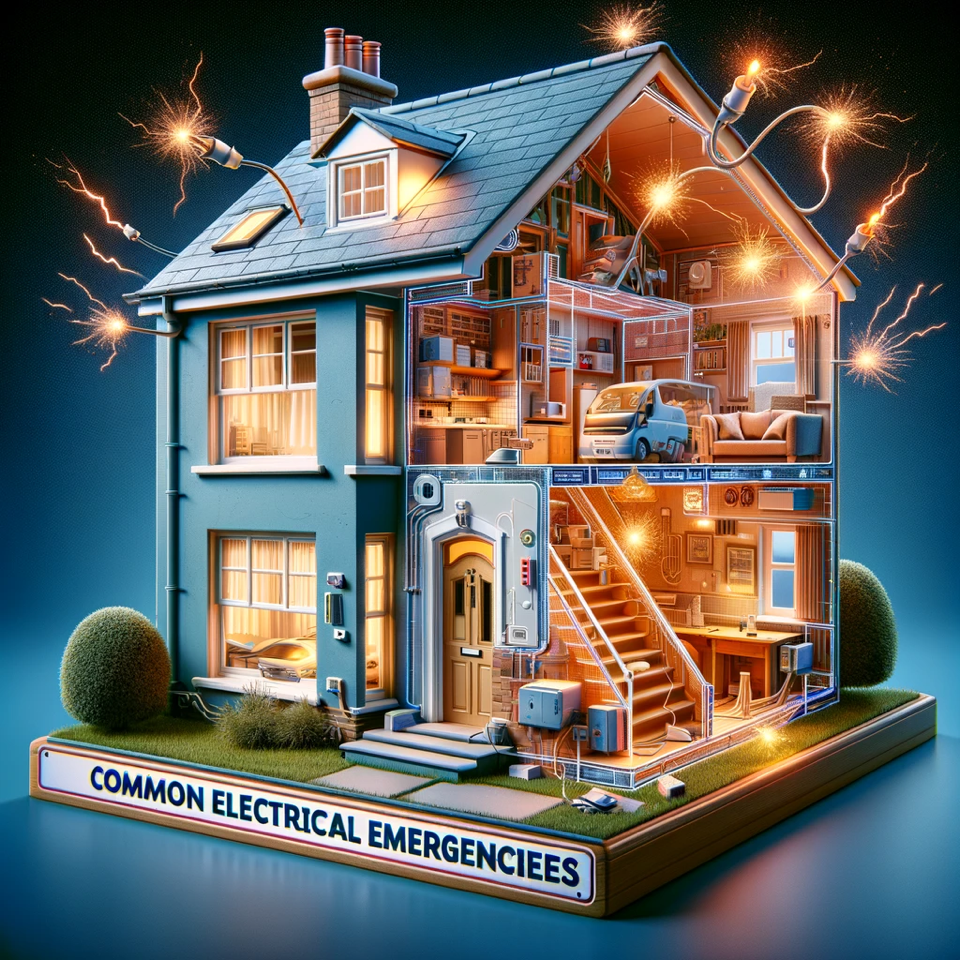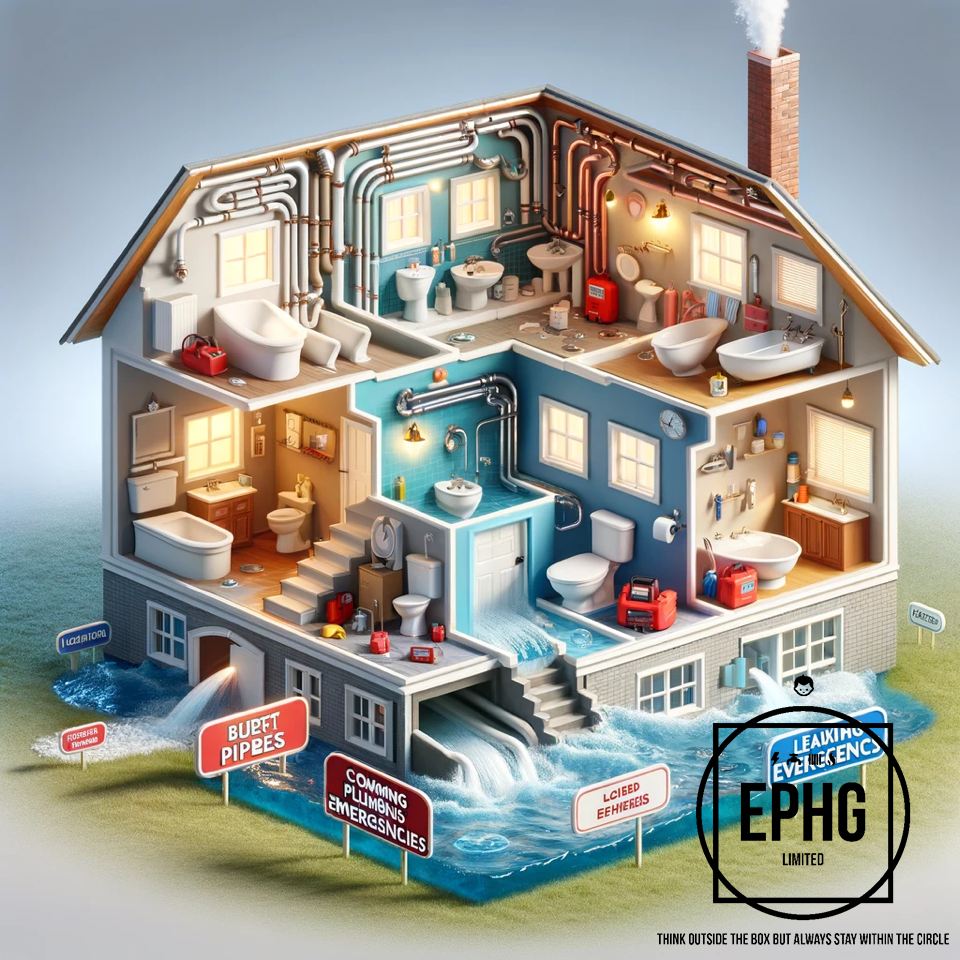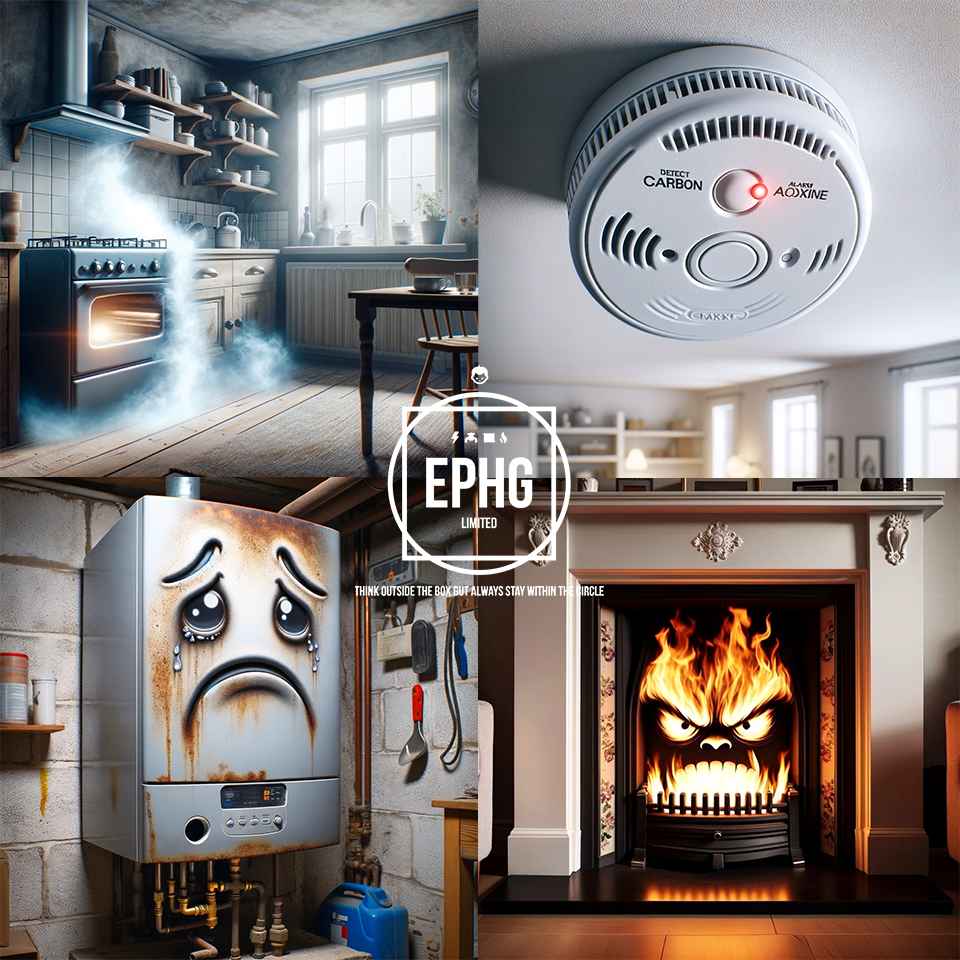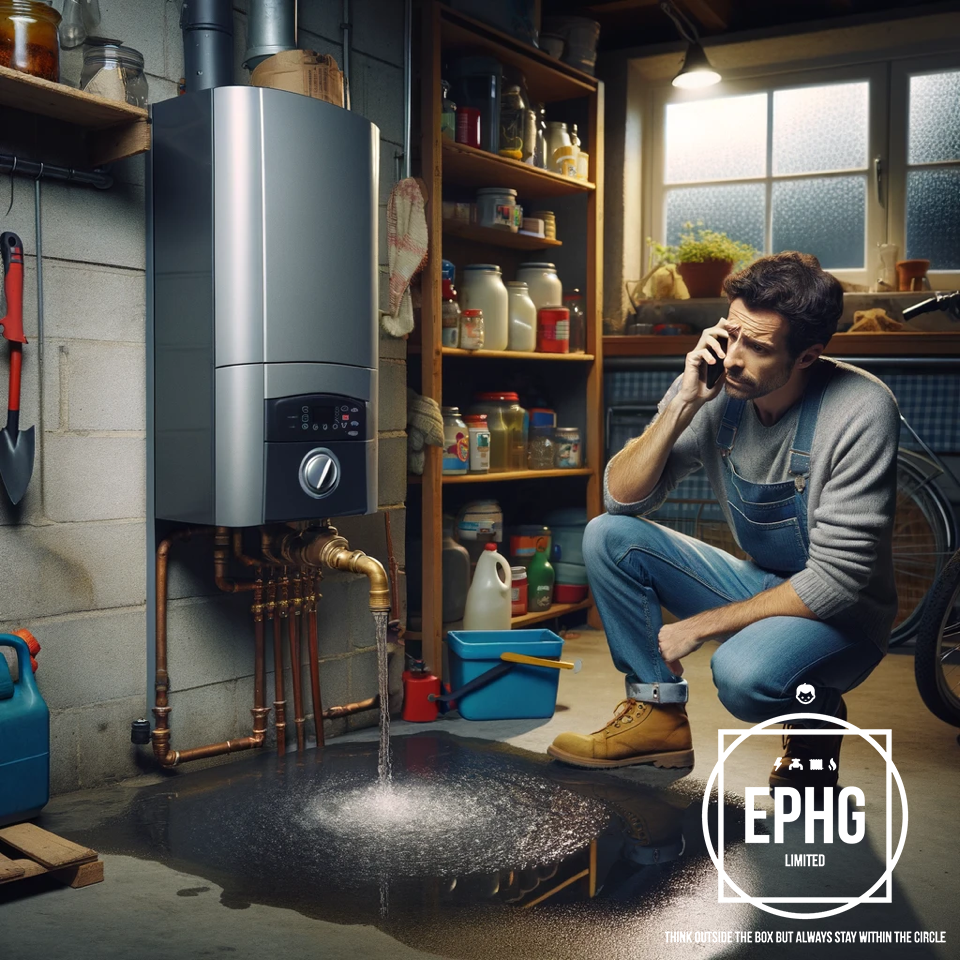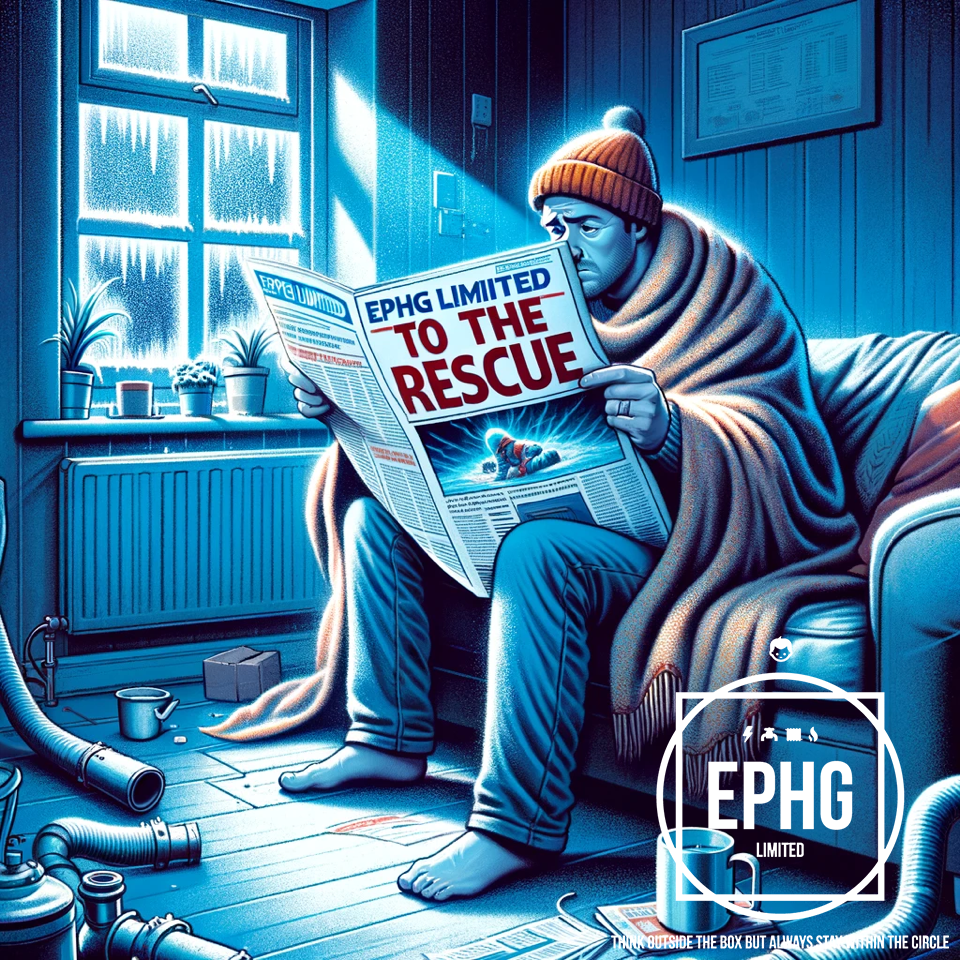
Navigating the Chill: A Guide to Common Heating Emergencies
Introduction
As the cold season approaches, the reliance on heating systems increases dramatically. While these systems are often reliable, they can malfunction, leading to common heating emergencies. Understanding these emergencies and knowing how to respond can ensure your home stays warm and safe.
- Furnace Breakdown
- Lack of regular maintenance
- Old or worn-out components
- Thermostat malfunctions
- Regularly service your furnace.
- If it fails, check the thermostat and circuit breaker.
- For more complex issues, contact a heating professional.
- Pilot Light Issues
- Dirty pilot light
- Faulty thermocouple
- Gas supply problems
- Clean the pilot light.
- Check the gas supply.
- If the problem persists, it might require professional assistance.
- Uneven Heating
- Blocked air vents
- Dirty filters
- Ductwork problems
- Ensure all vents are open and unblocked.
- Replace or clean air filters.
- Consult a professional for ductwork issues.
- Strange Noises from Heater
- Loose components
- Air in the system
- Deteriorating parts
- Identify the source of the noise.
- Tighten any loose components.
- Seek professional help if noises continue.
- Radiator Not Heating Up
- Air trapped in the radiator
- Valve issues
- Circulation problems
- Bleed the radiator to remove trapped air.
- Check and adjust the valves.
- If issues persist, it may indicate a circulation problem, requiring expert intervention.
- Carbon Monoxide Leaks
- Faulty heating systems
- Blocked chimneys or flues
- Poor ventilation
- Install carbon monoxide detectors in your home.
- Ensure regular maintenance of heating systems and chimneys.
- If a leak is suspected, evacuate immediately and call emergency services.
Causes:
What to Do:
Causes:
What to Do:
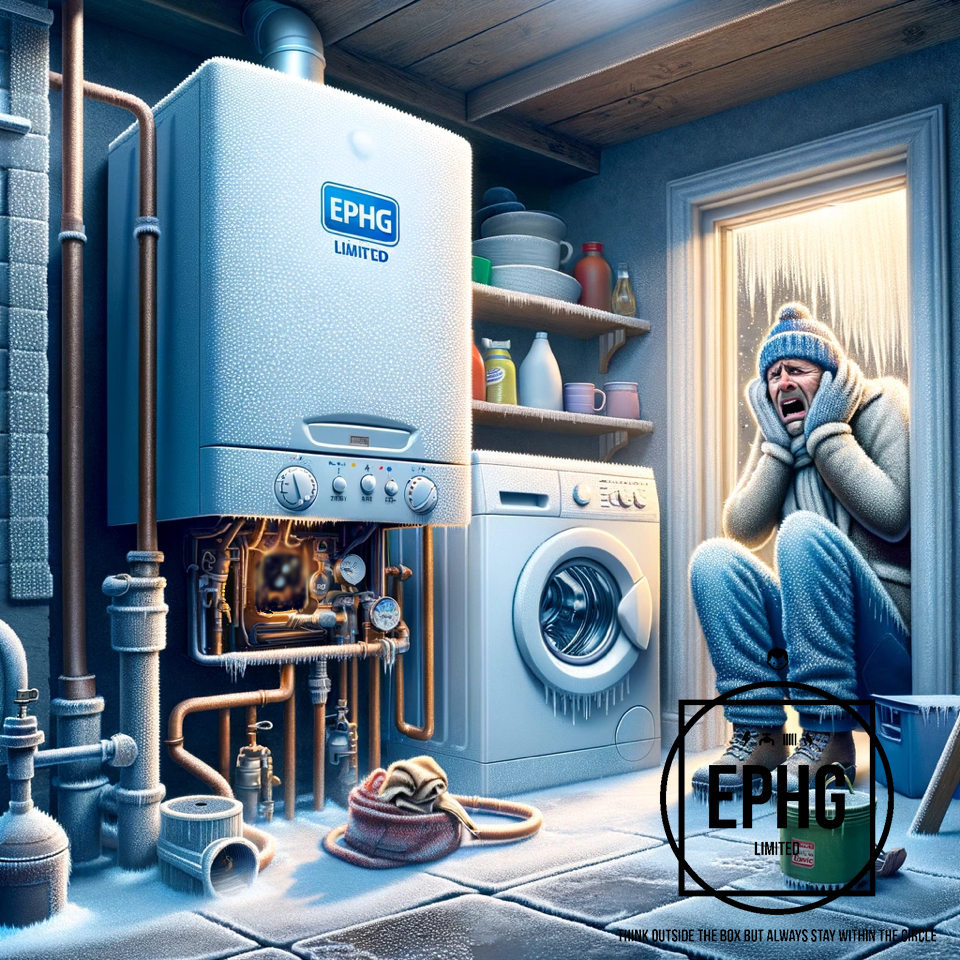
Causes:
What to Do:
Causes:
What to Do:
Causes:
What to Do:
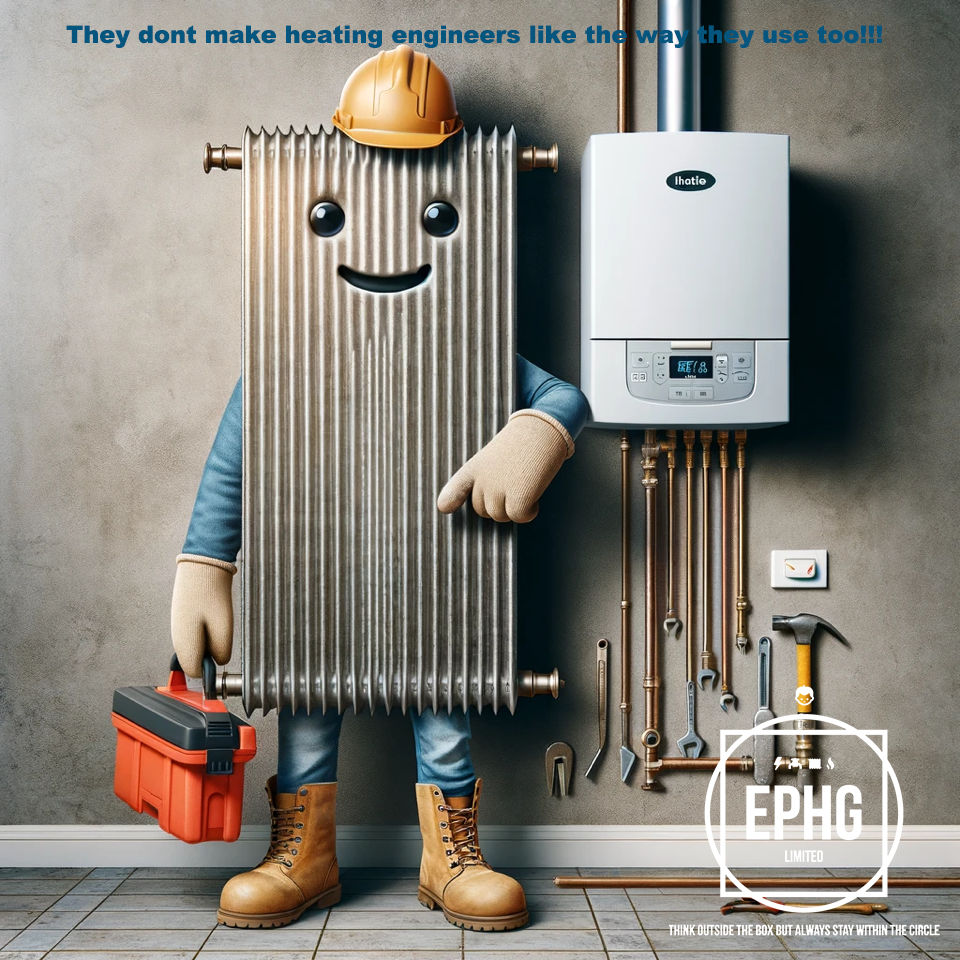
Causes:
What to Do:
Conclusion
Regular maintenance and timely intervention are key to preventing and addressing heating emergencies. Always prioritize safety, and don't hesitate to call professionals for complex issues.
Emergency Contacts
- Heating Repair Service: Find reliable, 24-hour heating repair services.
- Gas Emergency: In case of suspected gas leaks or carbon monoxide, call emergency services immediately.
About the Author
This article is brought to you by EPHG Limited, your trusted partner in ensuring a warm and safe home environment during the colder months. With our team of skilled professionals, we are committed to addressing all your heating needs promptly and efficiently.
